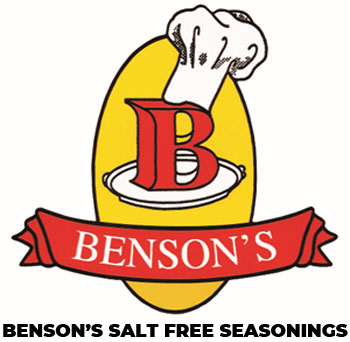While excess salt won’t actually damage your liver, it will add to the stress on an already damaged liver. Salt causes you to retain water, which the liver must then process. This can lead to swelling and other serious medical problems if your liver is damaged. Because of this your doctor will usually suggest a low sodium diet and be lowering your daily sodium intake to less than 1,500 mg per day.
The liver is susceptible to many problems as one of the body’s main filters of toxins. Alcoholism and drug abuse are commonly linked to liver problems, but there are actually more than 100 forms of diseases with many different causes. The most common are generally caused by a certain set of factors. Alcohol, drugs, obesity, and genetic predisposition are the more obvious causes of liver problems. The list also includes viral hepatitis, autoimmune disorders, and cancer.
Liver disease will be diagnosed long term or short term. Acute liver disease, or short-term, shows up with symptoms that are severe and recognizable. However, chronic liver disease or long-term liver damage does not show up with symptoms until about 2/3rds of the liver damaged. It’s amazing that even if 3/4ths of the liver is damaged, it can still continue to function almost normally.
Whatever the cause, liver malfunction leads to toxins building up in your body. This means that many symptoms of liver disease are similar. See your doctor for persistent nausea, loss of appetite, fatigue, itchy or discolored skin, yellowing eyes, dark urine, pale, bloody, or tar-colored stool, or pain and swelling of the abdomen. Seek medical attention immediately if you experience abdominal pain severe enough that you cannot be still.
Some symptoms of liver disease are more disease specific. Gallstones will cause pain in the upper right area of the abdomen and possibly be vomiting after eating fatty or greasy foods. Cirrhosis of the liver results from the liver being damaged or scarred and is often the end stage of other liver problems. Some symptoms of cirrhosis are bruising easily, atrophying of muscles, and malfunctioning of secondary sexual characteristics such as male breast enlargement and impotence.
A person with a disease of the liver will have to follow a special diet to help keep it functioning as well as possible. People with damaged livers need to avoid protein and salt. Protein cannot be properly processed by a badly damaged liver, causing a toxin build-up that can affect the brain. Ironically, this special diet for calls for less protein and more carbs, the opposite of what is usually recommended. A low sodium diet can help to keep edema or the buildup of fluids in the body under control as well reducing swelling of the liver.
Malnutrition can be a serious issue for people with diseases of the liver, so it is important to be in a doctor’s care. Dietary recommendations will depend on your specific condition and on the functioning of your liver. In general, the patient’s diet should be:
- High in carbohydrates. They should actually be the diet’s main source of calories.
- Moderately high in fat. The fat works with the carbs to help the body hold on to protein.
- Somewhat limited in protein. Although a damaged liver cannot properly digest protein, too little protein will lead to malnourishment.
- Vitamin-rich. A damaged liver also will not absorb vitamins properly, so supplements, especially B-complex supplements are recommended.
- A low sodium diet. Less than 1500 mg daily is typically suggested.
The liver is a crucial part of the regulatory systems of the body. It is associated with over 500 vital functions and every one of these is affected if it is not functioning properly. Just know the liver has an amazing ability to regenerate and repair itself when damaged. If you have a liver disease, a proper diet which should include a low sodium diet can be as important to follow as proper medical treatment.
